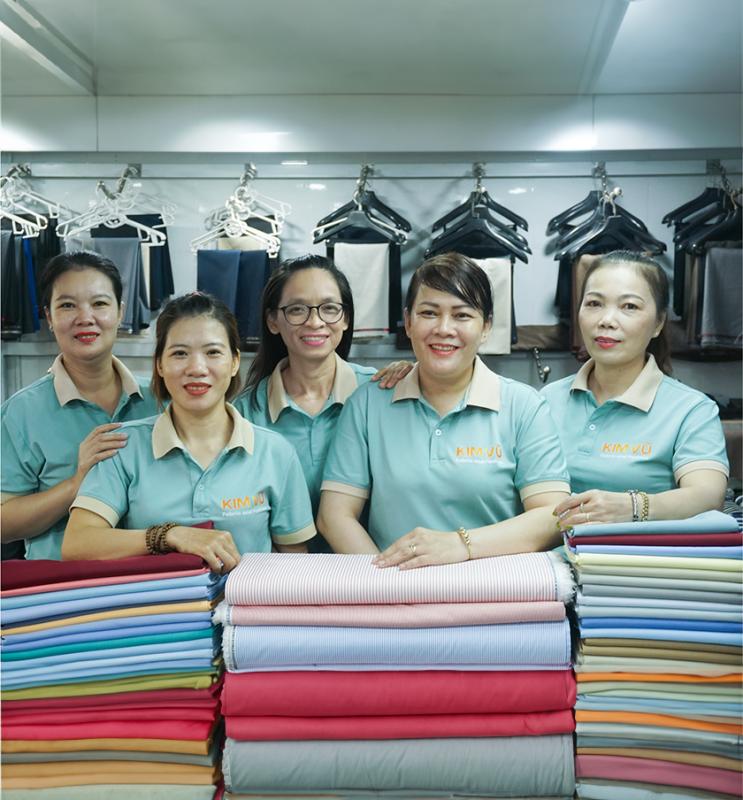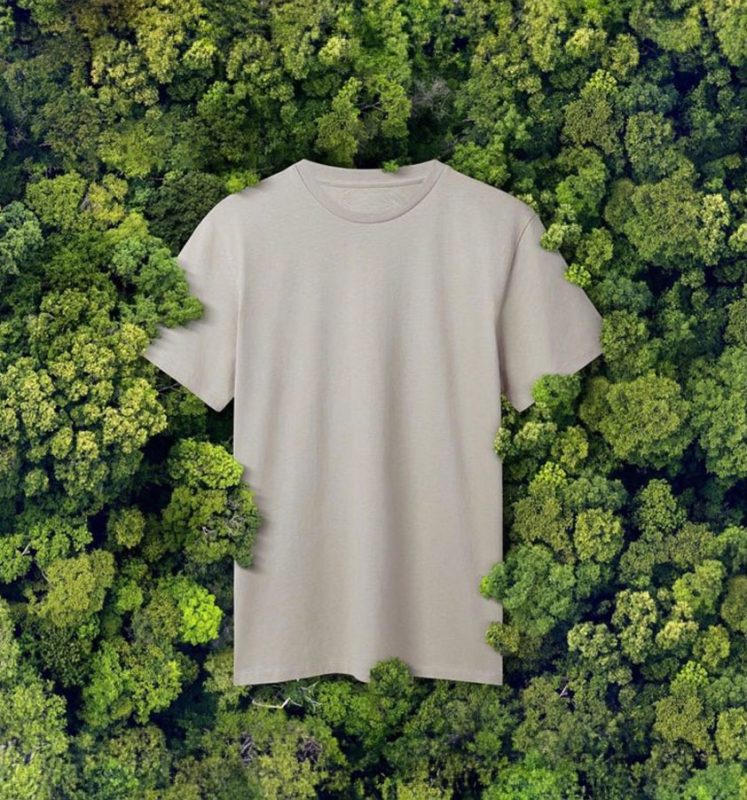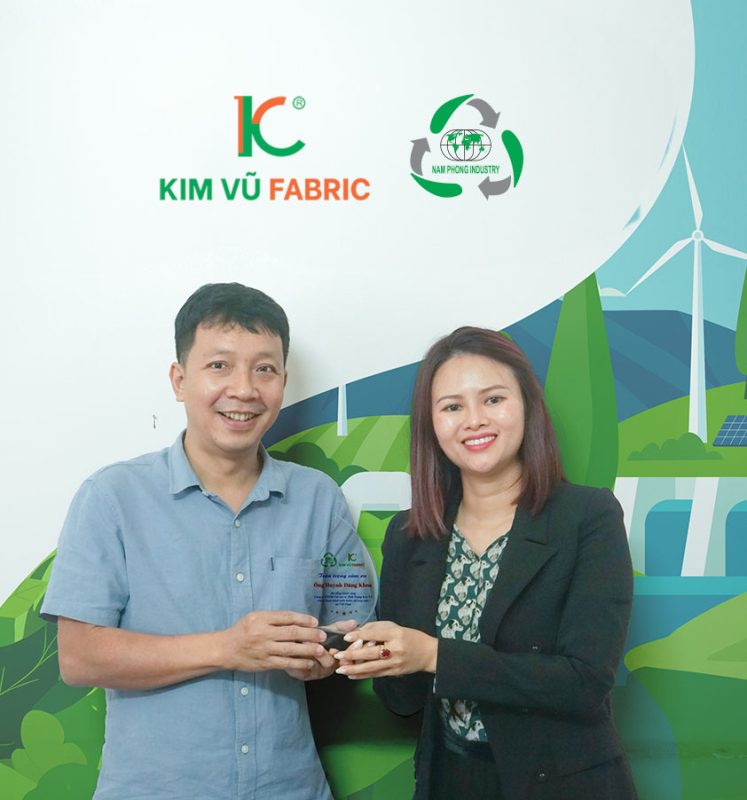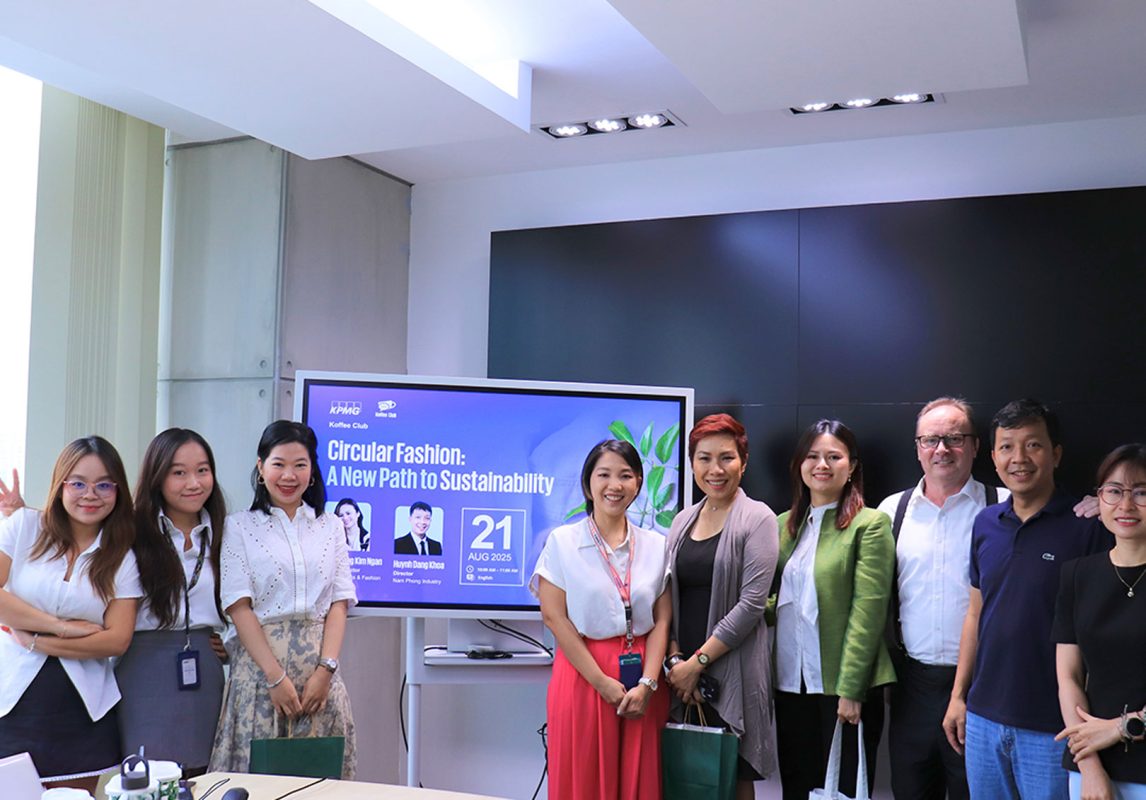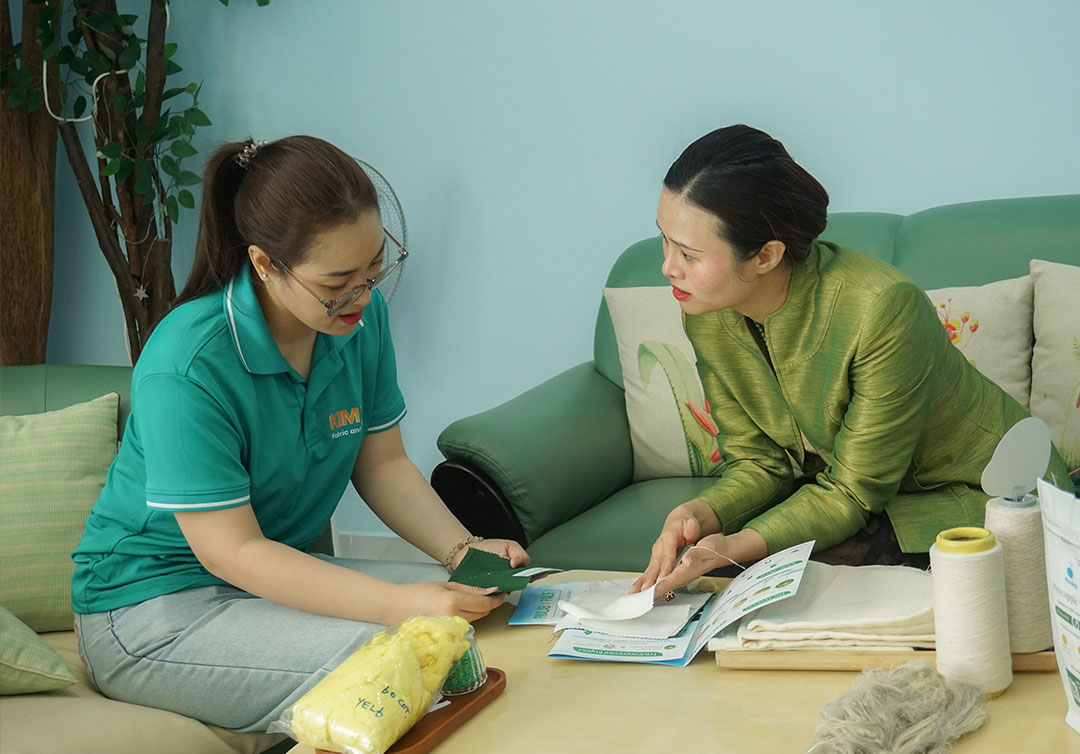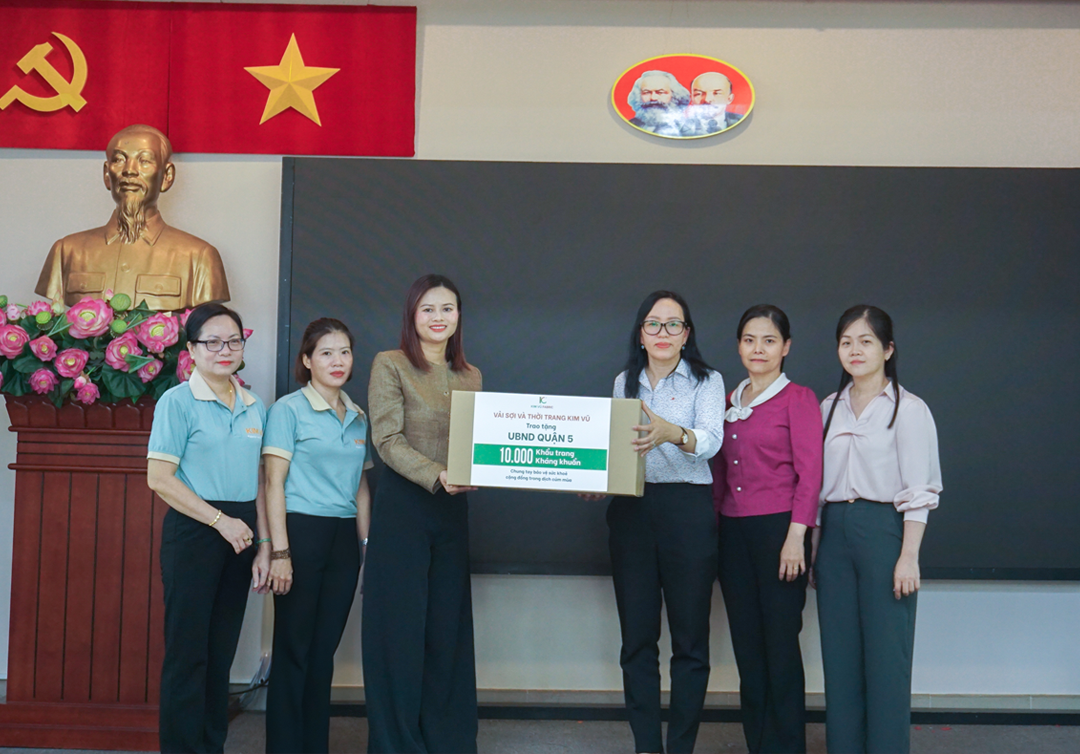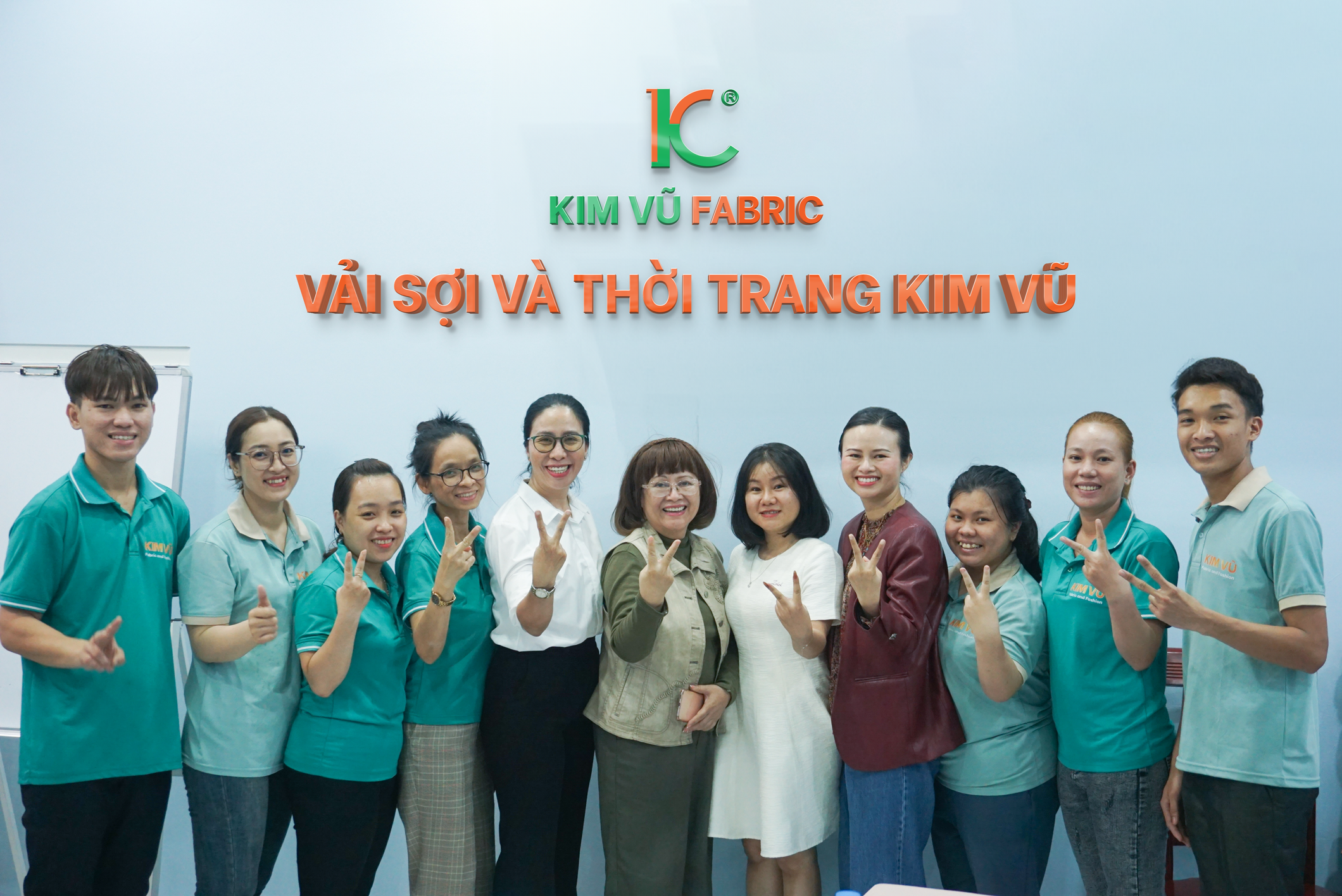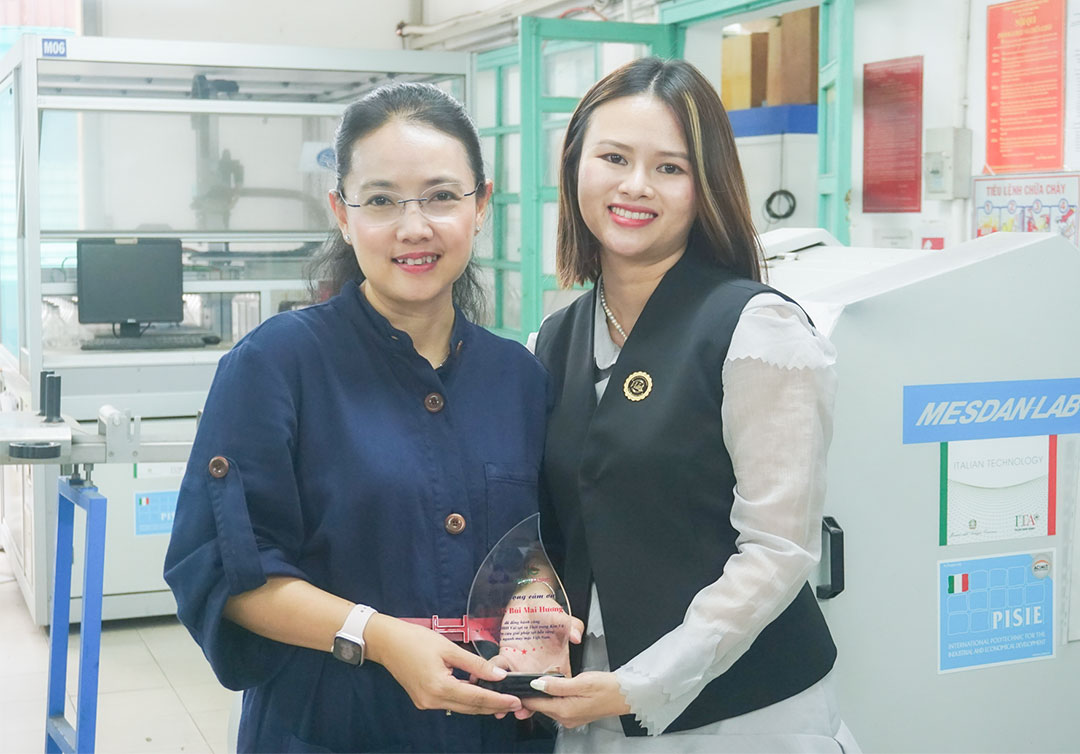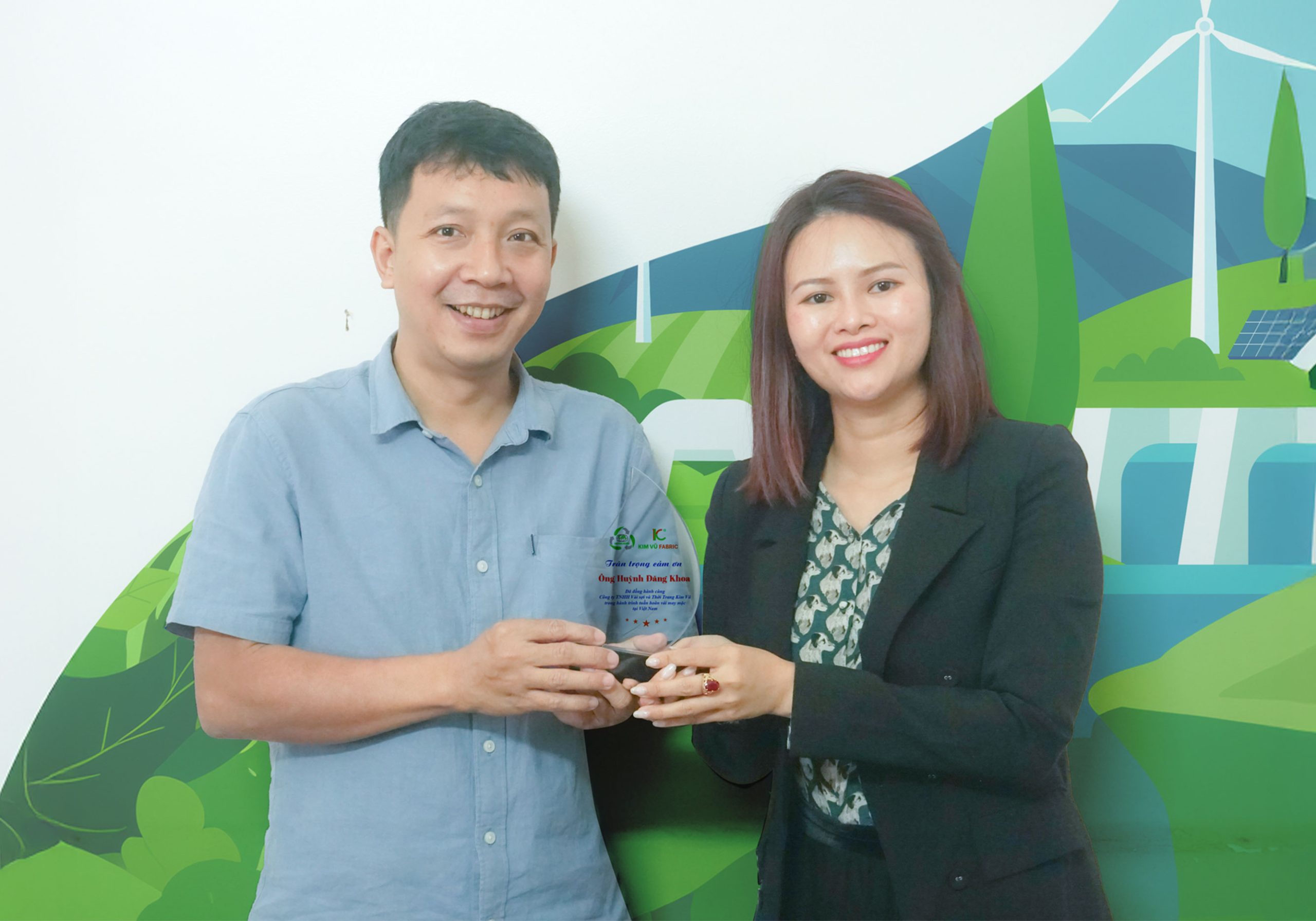On August 21, 2025, at the offices of KPMG Vietnam, a special Koffee Club session took place under the theme “Circular Fashion: A New Path to Sustainability.” It was a gathering of like-minded businesses committed to sustainable development—an open space to exchange perspectives on how circular fashion can reshape the future of the industry. The conversation brought together Mr. John Ditty – Managing Partner at KPMG Vietnam, Ms. Nguyen Thanh Mai – Head of Human Resources at KPMG Vietnam, Mr. Huynh Đang Khoa – Director of Nam Phong Industry Co., Ltd., and Ms. Tran Hoang Kim Ngan – Deputy Director of Kim Vu Fabrics & Fashion Co., Ltd. In an atmosphere of openness and candor, the speakers painted a vivid picture of fashion’s environmental impact while exploring a transformative idea: how discarded clothing can be reborn into sustainable value. KPMG is one of the Big Four professional services firms globally. In Vietnam, KPMG not only partners with businesses on strategic growth but also creates platforms for dialogue and knowledge-sharing. The Koffee Club initiative has become one of these spaces — a forum where colleagues, partners, and experts connect, exchange insights, and take away solutions that matter. This session focused on “Reborn Clothing” for a simple reason: the urgency of the issue. The fashion industry generates over 92 million tons of textile waste each year while consuming immense amounts of water and energy. This reality poses a critical challenge, but also a unique opportunity for Vietnam’s business community to take stronger action on the journey toward Net Zero. With more than 30 years of history, Kim Vu Fabric has evolved from a small family-run fabric stall into a trusted supplier for leading fabric brands in Vietnam. In recent years, the company has accelerated its transformation—focusing on natural fabrics that are safe for consumers, environmentally friendly, and actively joining recycling initiatives that extend the life cycle of clothing. Nam Phong Industry, with 17 years of experience in the collection and recycling of materials, has become a key partner for international corporations across Asia, Europe, and the U.S. Specializing in textile waste collection, sorting, and supply, Nam Phong helps redirect enormous volumes of industrial fabric waste away from landfills and into renewed production cycles. Their collaboration in the “Reborn Clothing” project represents a unique model of partnership: combining expertise in recycling technology, fabric innovation, and community engagement to nurture a circular fashion ecosystem in Vietnam. Insights shared during the Koffee Club session highlighted the measurable impact of recycling. Every kilogram of used clothing that is recycled helps significantly cut greenhouse gas emissions—equivalent to reducing 4.37 kg of CO₂ in its life cycle. The more recycling achieved, the greater the efficiency and sustainability benefits. Beyond its environmental outcomes, the project also carries profound social meaning. It raises community awareness about waste reduction, encourages businesses to strengthen their ESG (Environmental – Social – Governance) commitments, and demonstrates that economic growth and environmental protection can advance hand in hand. Kim Vu Fabric expressed its hope that the project will soon be implemented across many enterprises, including KPMG Vietnam, and expand to reach broader communities nationwide. The Koffee Club session closed with an inspiring reminder: small steps taken by Vietnamese businesses today can lead to transformative change tomorrow. With pioneering companies like Kim Vu and Nam Phong driving the effort, and with forums like KPMG’s Koffee Club helping ideas take root and spread, the story of clothing reborn has become more than a recycling initiative. It is a movement — turning “waste” into “resources,” and reimagining fashion as an industry built on responsibility to society, the environment, and future generations.
KPMG and Koffee Club – A Platform to Spark Ideas for a Greener Future

Kim Vu Fabric and Nam Phong Industry – Driving Change for Sustainability


The Meaning Behind “Reborn Clothing”

Connecting to Shape a Sustainable Tomorrow

Related Posts
